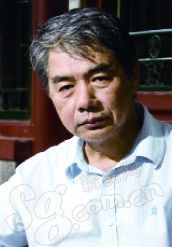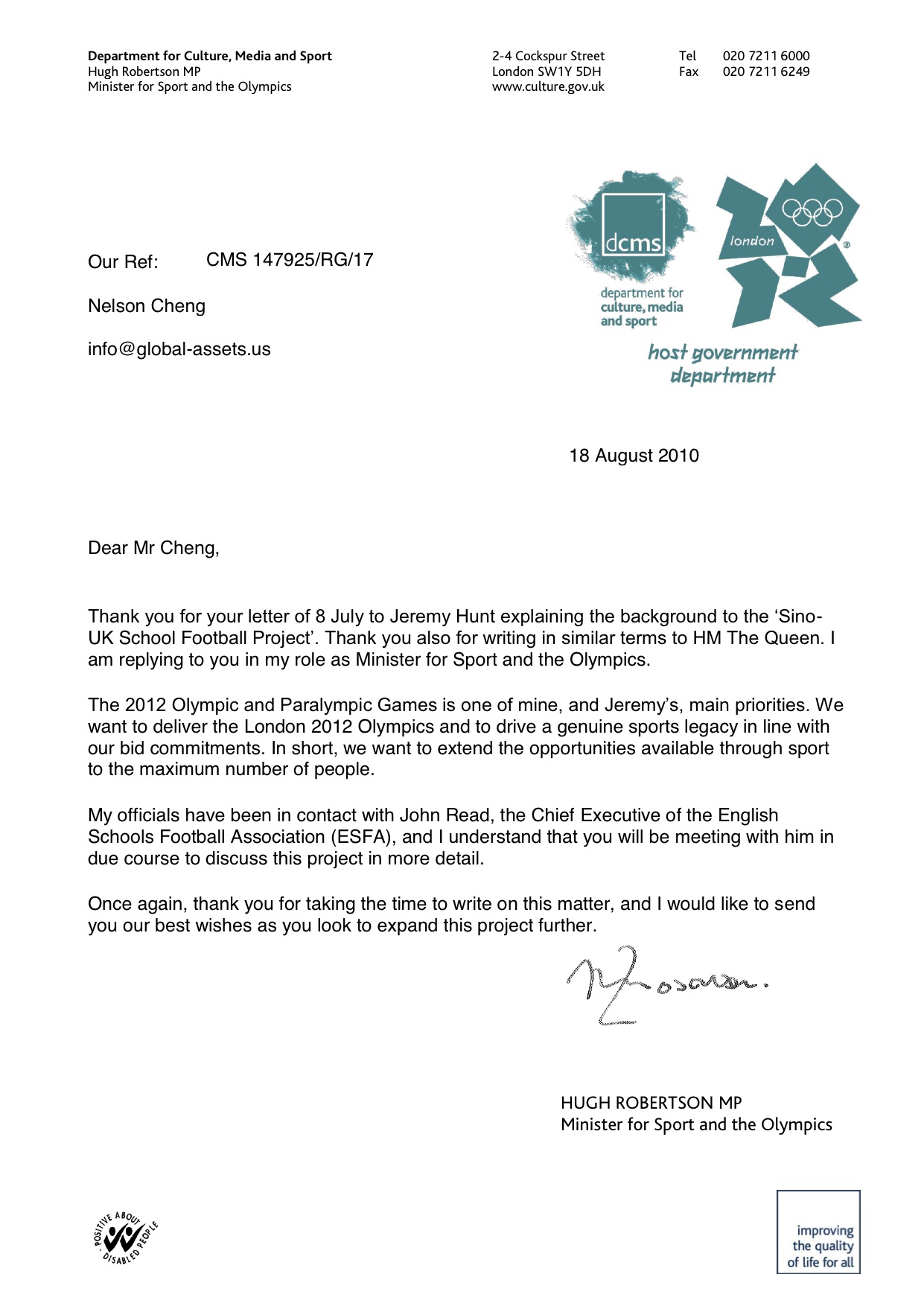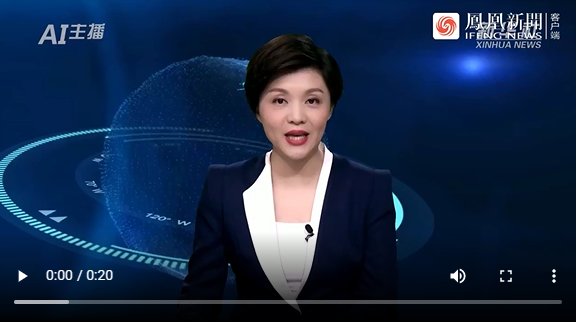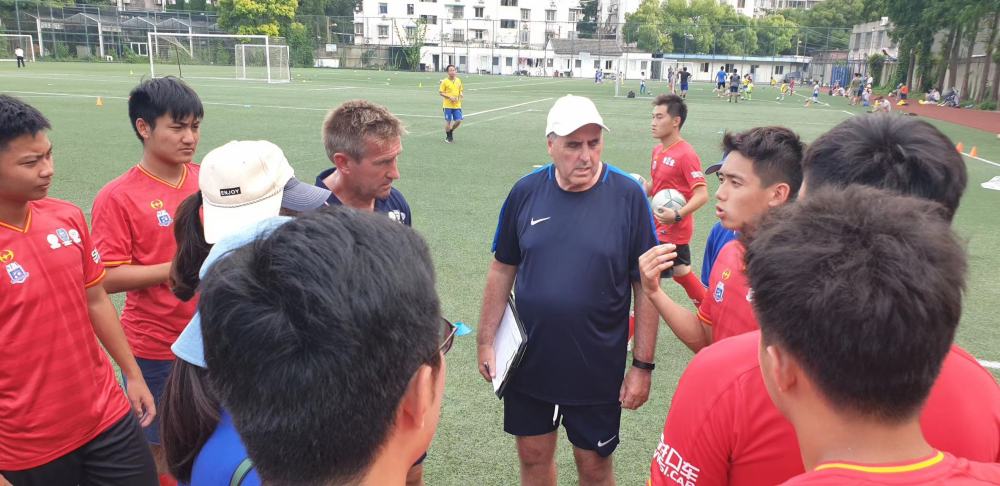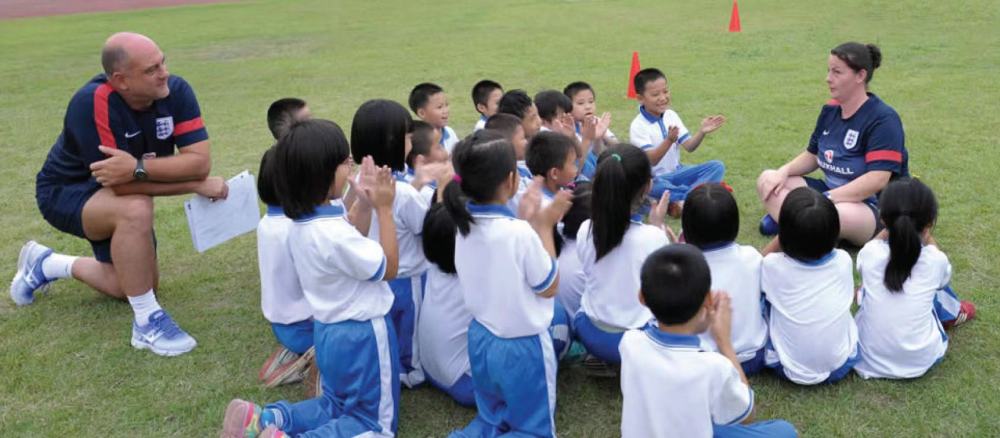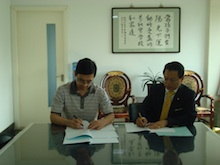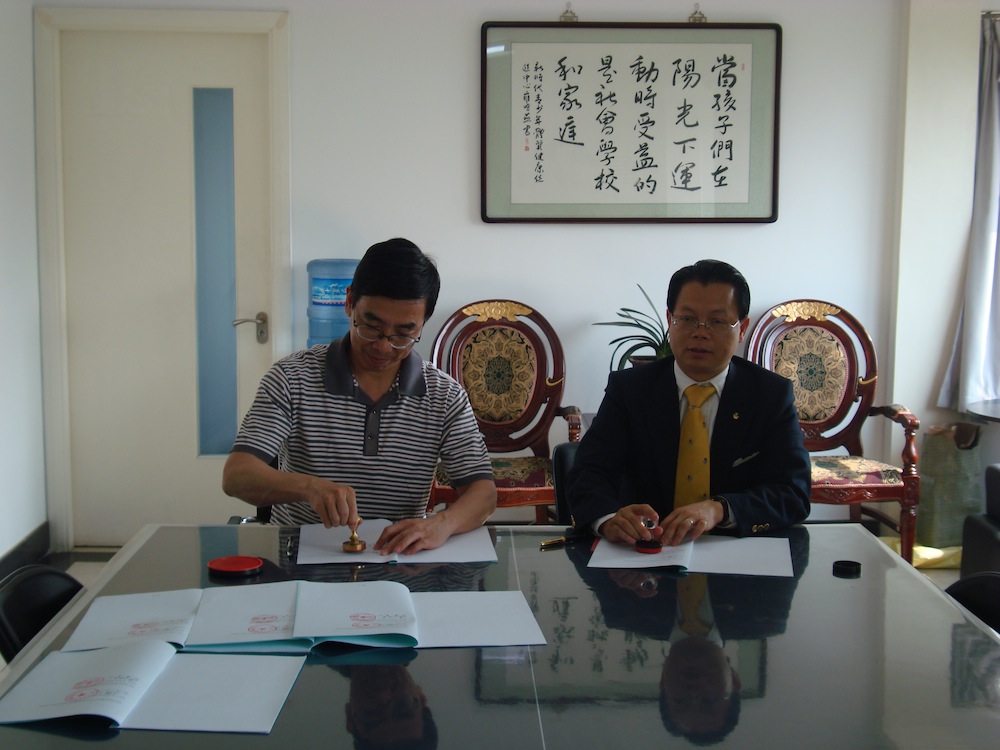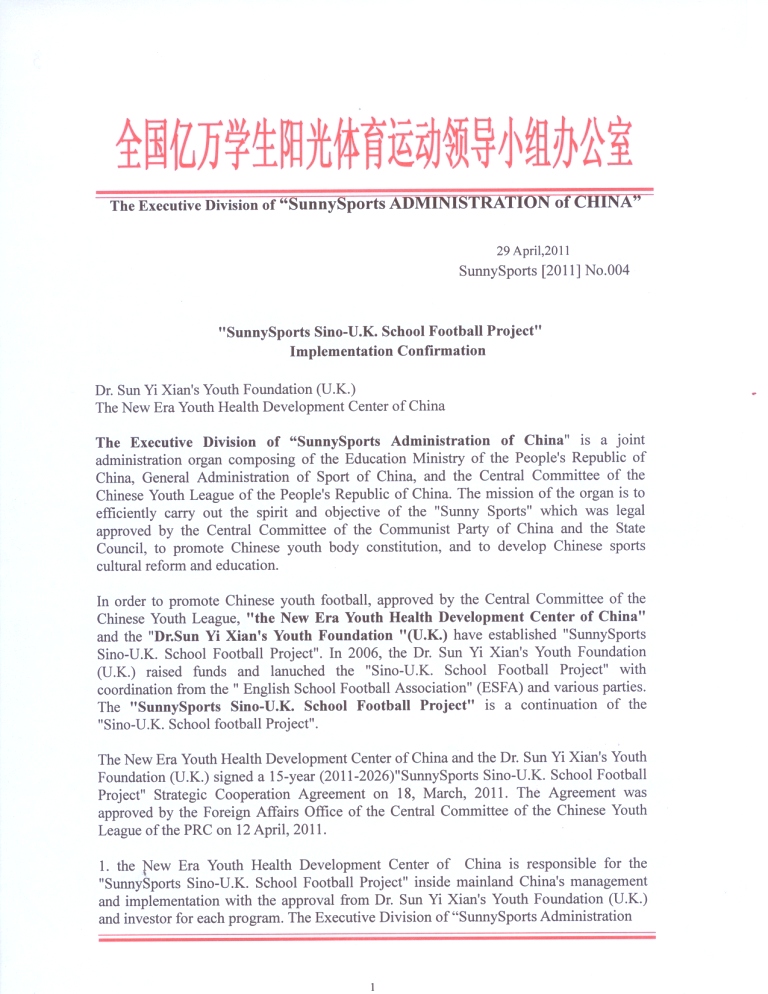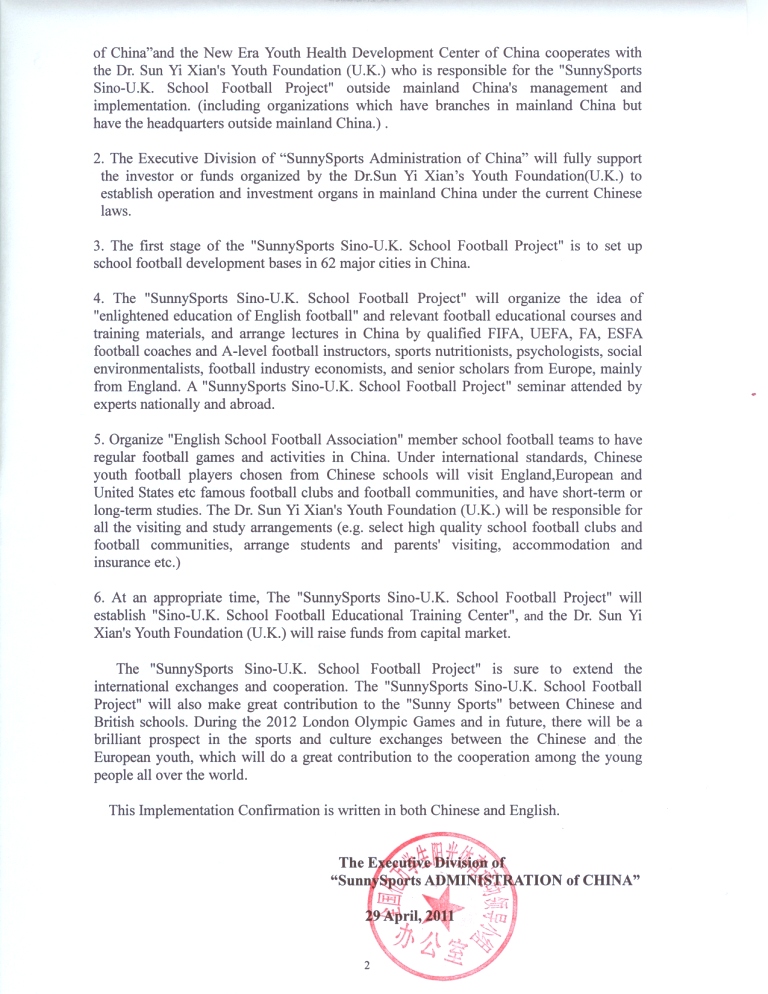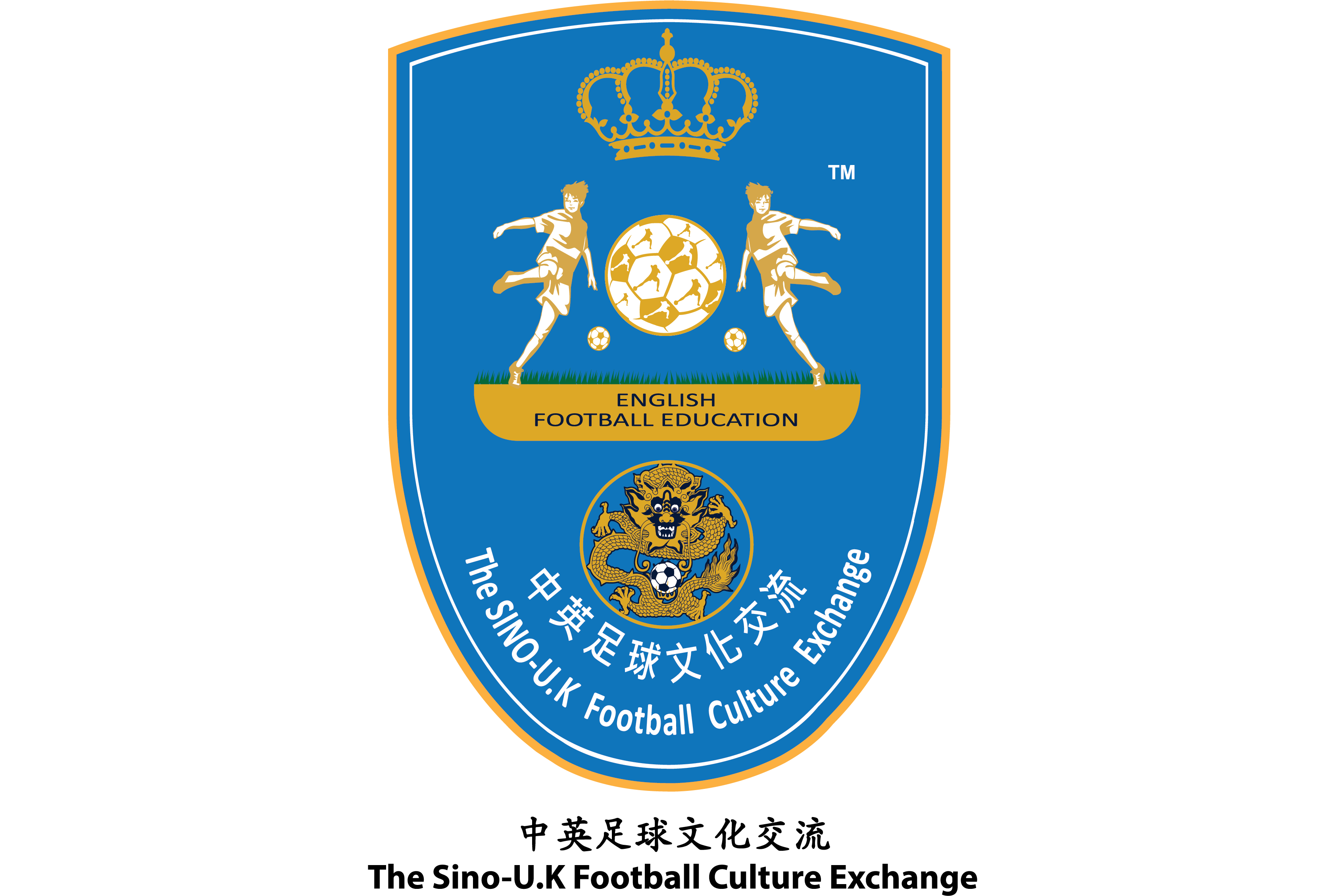Wang Shou-Chang (Professor of the Department of Philosophy, Beijing University, Chairperson of China Culture Institute, Chairperson of Institute of San Zhi Dao Shang)
Chinese culture needs to return to its roots and innovate
Promote Chinese cultural values to the world
In the 30s there was a movement called the "School of Critical Review", led by its spiritual leader Chen Yinke. In the Critical Review magazine he said, "Learn from the west, but do not forget the cultural traditions of our nation. I think that can be summarized as: return to our roots and innovate.” People from the School of Critical Review such as Chen Yinke and Tang Yongtong established a cultural paradigm in education. They are well versed in traditional culture, but have also studied abroad and received a western education. For example, Chen Yinke has a developed a great understanding of how to enable China to accept world culture and how to spread Chinese culture across the World. said The China Culture Institute is sticking to their aim of around 25 years, as Fung YuLan said; “ Enable world culture to enter China and enable Chinese culture reach the World”.
It’s often said that in tandem with the economic development of China, people begin to pursue a subjective consciousness of Chinese culture. Subjective consciousness in traditional Sinology means to understand and to be aware of your own life. Chinese people must seek something that can turn out to be the anchor of life and spirit in their own culture. This is what I advocate: Return to the roots and innovate, namely, return to cultural traditions, but also accept Western culture.
In essence, we are likely to encounter problems when we want to enable China to reach towards the World or when enterprises want to survive in the business field. We need to actually provide a way of thinking and values instead of just providing good products, in order to achieve these aims. To become a strong character, our thinking and values have to be recognized by the world. Learning business management and models just reaches the surface of these specific methods. In the philosophical concept, it is a relationship between “Tao” and “Technique”. “Tao” is included in "Technique" or "Tools".
There are three issues to be examined in Philosophy: "Who am I? Where am I from? Where am I going?" A country should ask these questions even when they have already become prosperous and powerful. China has inherited a Chinese cultural tradition that has spread over thousands of years, and it should become a responsible world power in the future. The nation has become stronger, and we should study western culture whilst remembering our own. To serve as a responsible world power, we have to introduce our cultural values to be understood by other countries and nations, not just utilize our national strength. To become a real world power, our cultural values need to be understood by other nations and countries. Therefore, this is an inevitable trend of Traditional Sinolog.
I visited schools in Singapore in 1985, and began to apply the theories of Traditional Sinology on business. The Four Asian Tigers were just beginning to emerge at that time, which led to the comparison of the Western and East Asian economic models. People think that the rise of the“Four Asian Tigers” is very much related to Confucianism, due to the shared Confucian cultural background amongst the four nations. The Four Tigers developed the same Confucian and Chinese culture which has had a strong influence on the development of Asian economies. I have experienced these four places and in my opinion, from the standpoint of culture, Confucian culture had indeed played an important role in the development of the Asian economy although it has not been the only influence. However, there must have been a special culture value which has led to the development of East Asian economies. That is this special value that everyone in the area agrees with, and it is what Lee Kuan Yew called “Asian values”. In fact “Asian values” are actually Chinese values. We can see the influence of Confucian and Chinese culture everywhere in the social values of Hong Kong, Taiwan or even Singapore, Korea, and Japan. As China started to reform and open up, and with the high-speed development of China economy, people have gradually realized the importance of Chinese cultural values.
Traditional culture has now won the admiration and recognition of the people. This is a very good sign as we can see several traditional Sinology courses beginning to emerge, and we can see the resurgence of traditional culture. In fact it is a very good sign that the mass media have started to make an effort to introduce traditional culture, for example “Happy Dictionary” and TV shows show hosted by YuDan. These shows attract the public to focus on classic Chinese culture. It brought the public into contact with cultural traditions. I personally have no objection to such a commercialized way to promote Traditional Sinology. There is no way to transmit Buddhism to China without the Silk Road, and Chinese culture would not have been spread so quickly if the Mengyuan Empire did not reach Europe. Zhenghe went West and he disseminated Chinese culture too. The conclusion is that cultural diffusion is very much linked to economic activity. Therefore it is fair and reasonable to disseminate Chinese culture through commercial activities; however the pursuit of interest should be reasonable. To be serious, Traditional Sinology cannot be "Chicken Soup for the Soul" or “fast food”, it should return to the classic. With the progress of an era, we still need to return to the classic, just like the Renaissance in Italy, the same applies to us; we must return to the classic. In order to achieve the goal, we need to read the classics seriously instead of simply learning traditional culture by way of entertainment. Every Chinese should understand that they have to do this themselves, and that politics cannot be the driving force.
Mencius said, "The root of the kingdom is in the State. The root of the State is in the family. The root of the family is the individual." An individual should take moral responsibility. A business should take responsibility for the people, the country and society.
"Morality" is the core concept of Chinese culture
I do not agree that the value of "Business is a war without bullets". The business arena is a place for people to show competitive spirit and dedication, respect work, and break new ground, rather than a battlefield to "fight". When an entrepreneur enters the highest state of existence, he or she will learn to appreciate competitors, rather than distinguish friends or enemies and decide who to trade with.
Therefore profit maximization should not be the ultimate goal for enterprises; they should set their objective to share victory, to achieve win-win situations. A business should have responsibility for the people, the country and society if they want to do well. I often say that morality can be divided into “Great Virtues” and “Small Virtues”. “Small Virtues” means self moral cultivation while “Great Virtues” is a responsibility towards the people, society and the country. This is the theory of Confucianism: When we are cultivated, our families will be in order. When our families are in order, our country will be at peace. When our country is at peace, the world will be in harmonious and happy. This sense of responsibility is a must for businesses when they reach a certain level. It is well said in Kūn from I-Ching: "Great virtue can carry all things". Neither a business nor a country can be supported without “Great Virtues”. Mencius said: “The root of the kingdom is in the State. The root of the State is in the family. The root of the family is in the individual.” We understand that a person must have moral responsibility, and a business must be responsible for the people, country and society.
Harvard Business School in the United States has started to launch several ethics courses, they have published many books such as “Ethics in economic”, “Ethics in accounting” and “Ethics in Human resources” with many translated versions. After several rounds of economic development, western countries have been aware of the problems caused by individuals in business. But we have yet to actually realize the importance of economic ethics.
Western business ethics are generally no different from what is said in business, "propriety, righteousness and order". A question you should ask yourself during business processes: Have you met the basic moral constraints? As an individual, we need to “study the phenomena of nature, perfection of knowledge, be sincere and honest, a pure heart and self cultivation”. Perhaps the influence of small businesses is not obvious. The largest businesses need to shoulder the people, country and social responsibility. That’s what we claim for “When our families are in order, our nation will be at peace. When our nation is at peace, the world will be in harmony and happy. ” The alternative is the examples of recent years; those fast-growing companies who were threatened with instant bankruptcy or rapid decline due to the moral absence of their leaders.
We can actually see tricks of the trade when people promote Traditional Sinology, and this problem shall demand our full attention. We hoped that all organizations engaged in the training and promotion of Traditional Sinology are promoting culture with good will. Various problems may arise if profit maximization has become the goal of promoting Traditional Sinology, and it is likely to result in some people misconstruing the nature of Traditional Sinology. “Distinguishing between public and self-interest” exists in Chinese culture, but to interpret the term as “The mind of the superior man is conversant with righteousness; the mind of the mean man is conversant with profit,” is a subjective. In fact, they overlook the theory from I-Ching: “Achieving profit by righteousness shall be considered as righteousness not profit”. When you try to achieve something for the public interest, we do not call it “self interest”, it is righteousness. Simply speaking, we make money with moral principles.
Striving for fortune and totally disregarding righteousness, in other words making money without moral principles, is despised in Chinese traditional culture. Many unsuccessful people in the business field have proved that it is absolutely impossible to survive in long run if you do not have any self-consciousness and do not shoulder responsibility for the people, country and society. Nowadays, a business war can be described as a moral war. Businesses ignore the moral constraints and use a series of stratagems illustrated in the “Thirty-Six Stratagems” to achieve their goals; the larger the enterprise, the more terrifying their thoughts. Many entrepreneurs agree with my viewpoint that profit maximization will never make one enterprise survive in the market. The only way to survive is to understand the laws of the market.
I was profoundly touched when I realized that most of the businessmen I’ve met are all honest, though I did not have any personal experience in the business field. “Morality" is the core concept of Chinese culture, I’ve mentioned the term “Rule by morality can conquer the world” in Sun Tzu on the Art of War. This is what I hope to transmit to the students in lessons.
There are some special features of the ancient academy such as lectures, book collections, and worship. Modern academies should use these features to “learn the new by restudying the old.”
Adhering to the tradition of Teacher-Student Dialogues
The rise of academic education is a sign of the renaissance of Chinese culture. Late Qing scholar Zhang Xuecheng said that the development of private schools is a must in order to achieve academic freedom. Ji Xianlin has also long stood for the joint development of both public and private schools. The most important contribution of Confucius to the education system was the successful running of private schools. In the United States, the five Ivy League universities are all private institutions. They created a new kind of educational mode and a system of development. They have contributed toward the development of western education.
Nowadays, there are different forces in society which are running these schools. Some business leaders wanted to do something following their retirement and hence they organised different types of schools; there are some entrepreneurs that invested money in them. These are all good things. With the current economic development, there has been a desire to promote these traditional values through education by developing academic courses and doing research.
There are some special features of ancient schools such as lectures, books collection, and worship. Modern schools are encouraged to “Learn the new by restudying the old”. One of the important features of the ancient school is teacher-student Dialogues. The values “To educate the person as well as impart knowledge from books” and “teachers and students making progress by learning from each other” are something we are not able to find in institutionalized schools nowadays. Ancient schools had inherited the traditions of “experiences sharing between teachers and students” and “teach students in accordance with their aptitude”. Teachers act as moral models, they transmit not just knowledge but also enable students to learn and acquire imperceptibly virtuous qualities of human behaviors. Therefore “The Great Learning” says: “The way of the great learning involves manifesting virtue, loving the people, and abiding by the highest good.”
Although it is not possible to include all book collections in our small library, we have several complete works. We also have a digital library now which helps to facilitates research. However, there is a problem. The digital library has indeed helped to promote efficiency in reading and made it easier to conduct conceptual research but the readers will simply ignore the meaning from its context. Efficiency is a symbol of modernization, but academic efficiency is not the only thing we should emphasize. This is not a problem of spreading the teachings by way of giving lectures in theatre and using media technology. However culture will soon turn out to be fast food if students are not willing to sit down and read the classics seriously. To say the least, no one will be interested in culture when culture is less than fast food. It is actually a very good sign when there are people willing to spare their resting time on weekends to learn Traditional Sinology.
This is why the Institute of Sanzhidaoshang re-launches ceremonies such as the Master Honoring Ceremony. The Confucianism Module in the training course is completed when all business students finish their Spiritual Practice in the Confucius Temple. A ceremony to worship Confucius was held on the same day. The Confucius Temple is a very important place to teach Confucianism. It creates a favorable environment to learn Confucianism. Therefore it is very meaningful to hold a Master Honoring Ceremony in the Confucius Temple. Ritual and sacrificial ceremonies have separate meanings of existence in traditional Chinese culture, and it is still playing an important role for the present age. Confucian Rites and Music is a very important part of Chinese culture. Of course it is not as strict as those ceremonies in other religions, the Confucian Rites and Music are just symbols of respect and honour to the teachers.
Master Honoring Ceremonies will be conducted at every school opening ceremony, not just to worship Confucius, but also to honour the teachers. The reason we attach great importance to this Master Honoring Ceremony is to promote the traditional ideas of showing respect for the teaching profession, instead of merely restoring the ancient etiquettes. I very much agree with the attitudes and orientations of the “Critical Review” magazine, namely, "A flourishing Chinese cultural heritage and merging new knowledge”. We need to learn the world's advanced culture as well as our own traditional one, and further enhance the essence of the cultures. For example, the entrepreneurs who learn Traditional Sinology are adopting the traditional idea of honouring the teachers, and it helps to popularize the traditional values of showing respect for the teaching profession. It is indispensably required at this new age of rapid development.
After the completion of the course, most of them have realized that the main goal has become the cultivation of the personality.
The hope that Traditional Sinology can bring a breath of fresh air
The Institute has now enrolled groups of students, many of which are entrepreneurs. I also give lectures in a few famous business schools throughout the country shows that there is an upsurge in “Entrepreneurs learning Traditional Sinology”. This probably explains that the business community needs some knowledge of Traditional Sinology.
The Institute of Sanzhidaoshang attracted many students through their unique course structure and practice methods. Chinese traditional culture is the main content of the course structure; it is not just about knowledge but also moral education and the concepts of health preservation. Health preservation is a vital element in our society nowadays. The term “health preservation” is not merely for physical health, but also mental health. Therefore we have come up with this course, combining the concept of health, cultural knowledge as well as ethics learning. Secondly, we have put Buddhism, Taoism and Confucianism into one.
Theories of all these beliefs are explained one by one in class, and conflicts commonly occur. For example, Confucianism believes that there is no “God,” but Taoism talks about “God”. Confucianism believes in the conscience of man and that people are inherently good. Buddhists believes that humans are born to be ignorant and start to discriminate and feel distress when one of the six faculties (eye, ear, nose, tongue, body, mind) reacts to or becomes aware of one of the six external phenomena (visible form, sound, smell, taste, touch, and ideas and thoughts). Taoists believe that man comes from “spirit”, and you can live forever and never age if you practice the Dharn Techniques. But this is not a matter of believing or disbelieving. Every religion has different way to enlighten the believers; these differences are normal and can not be stereotyped. Our purpose is to put Buddhism, Taoism and Confucianism into one and let people accept a variety of views and opinions.
Our main focus groups are entrepreneurs. In fact, the ultimate goal of cooperation between the China Culture Institute and the Institute of Sanzhidaoshang is to run a private university in accordance with their own purposes and to make contributions to modern education in China.
Entrepreneurs learning Traditional Sinology in the Institute are generally hoping to improve themselves and to achieve development for business. But after the completion of the course, most of them have realized that the development of business is not the greatest source of pain and confusion anymore, in fact the main goal has turned to be cultivation of the personality. What they gained the most from the course was how to reach a stable psychological state and to ponder problems in various ways. The influence of the Traditional Sinology course is to let a student have another new way to think and to be conscious of the meaning of life. I believe that entrepreneurs with ethical responsibility and wise thinking will certainly be able to achieve business growth. I hope that Traditional Sinology can bring a breath of fresh air to Chinese business management.






